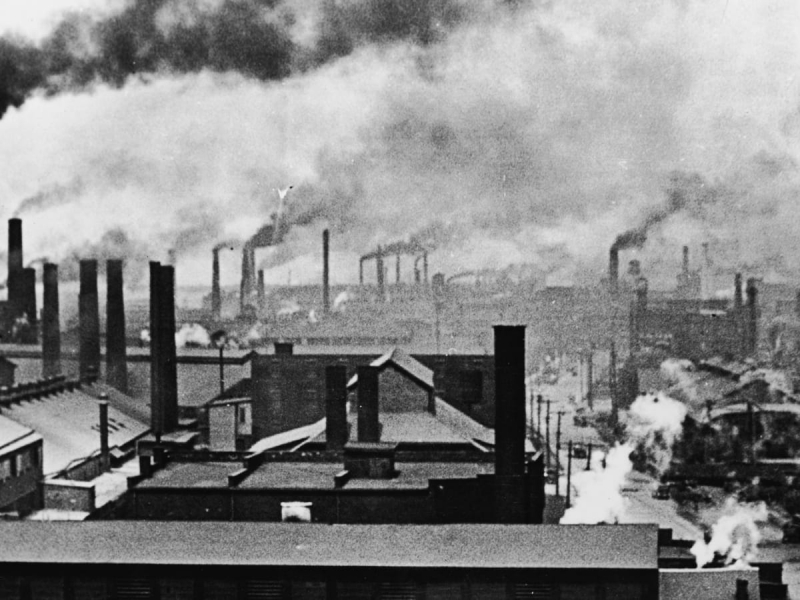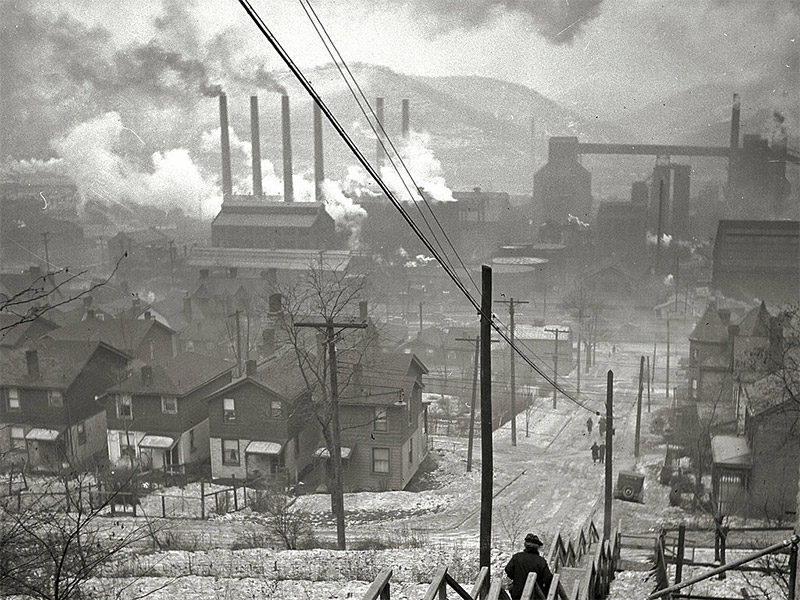The rise of industrialism
The North was more industrialized before the Civil War, whereas the Southern economy predominately depended on cotton and other cash crops. Years of policy stagnation have resulted from the two countries' political disagreements. Strong Southern opposition and their political and economic influence drove the North to postpone and compromise on their economic goals.
The Morrill Tariff of 1861, which raised import tariffs in the United States to promote rapid industrial growth, and the Transcontinental Railroad Acts, which provided federal subsidies in the form of land and loans for the construction of a transcontinental railroad across the United States, were two examples of laws and acts through which the northerners began enacting their way of thinking. These actions, along with numerous others, would help the United States' industrial development. Industrialization in turn sparked the rise of large firms, businesses, and entrepreneurs.












